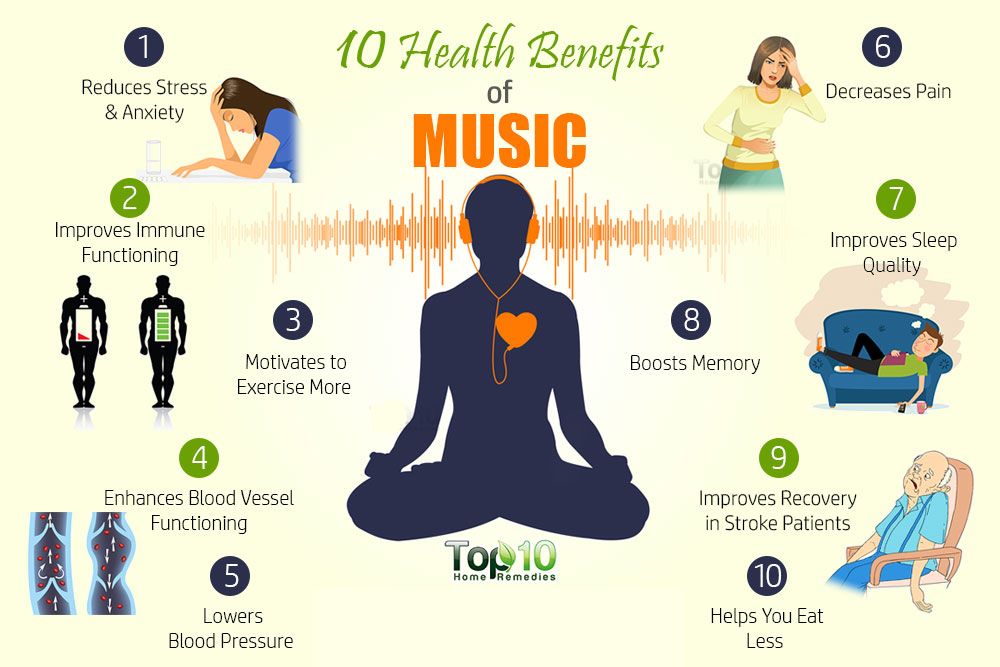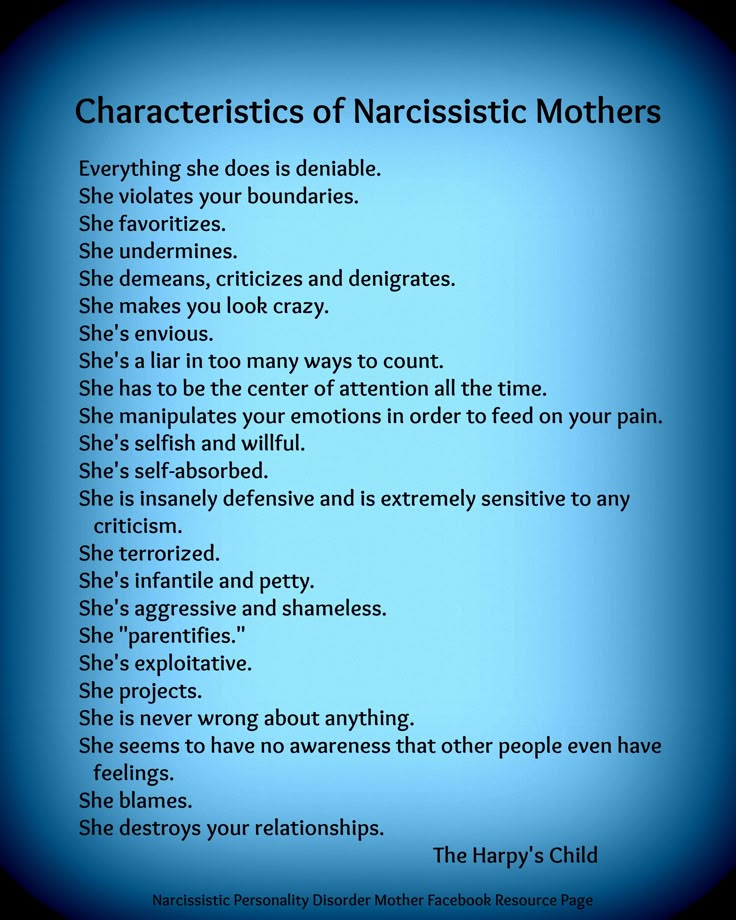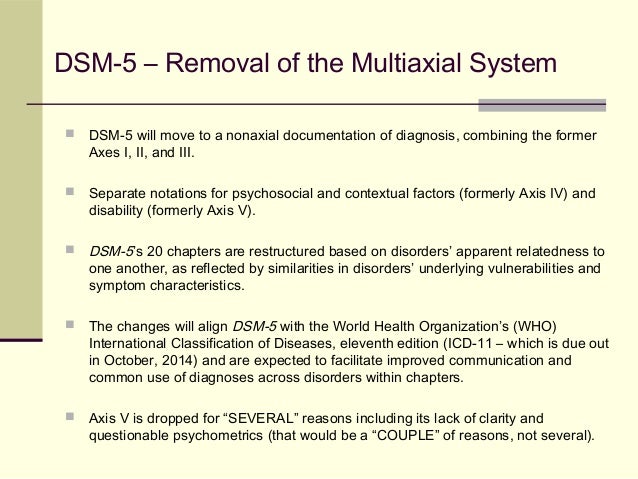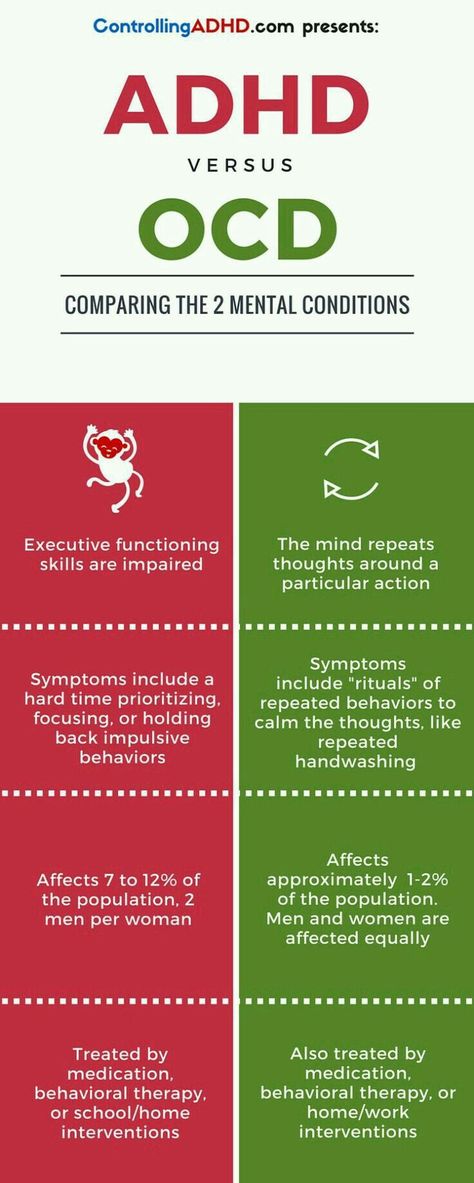Identify anxiety triggers
Anxiety Triggers: How to Identify & Overcome Them
Medically reviewed by Vicky Davis, FNP
Written by Our Editorial Team
Last updated 2/19/2021
If you suffer from anxiety, you likely know all too well that sometimes what sets you off is obvious, and other times your panic seems to come from nowhere. You also likely know that what triggers your anxiety is different from the next person. Understanding your anxiety symptoms and causes may be difficult, but can help you in managing what can otherwise be a paralyzing condition.
The Basics of Anxiety
There is a stigma around the words “mental illness,” but there shouldn’t be. Anxiety, the most common mental illness in the United States, affects some 40 million adults, according to the Anxiety and Depression Association of America. Something this common shouldn’t be stigmatized.
Stigma may stand in the way of getting help. Only about 37% suffering from anxiety disorders get treatment, according to the ADAA, despite many effective treatment options being available.
Acknowledging and then understanding your anxiety are the first steps at getting help.
online counseling
the best way to try counseling
Types of Anxiety
There are several forms of anxiety disorder, and knowing which one affects you can help you understand your triggers and their effects.
Generalized anxiety disorder is characterized by a persistent worry or tension that interferes with your daily life, and may involve worry about home life, your job, your family, or other minor issues. Symptoms such as restlessness, fatigue, poor concentration and trouble sleeping may go along with generalized anxiety.
Panic disorder involves panic attacks, characterized by rapid pulse, sweating, trembling, chest pain, shortness of breath, feeling light headed, and a few of losing control or even dying. If you’ve had an anxiety or panic attack, you know these feelings well.
Social anxiety disorder is the most common type of anxiety disorder and involves extreme fear or anxiety about social interactions.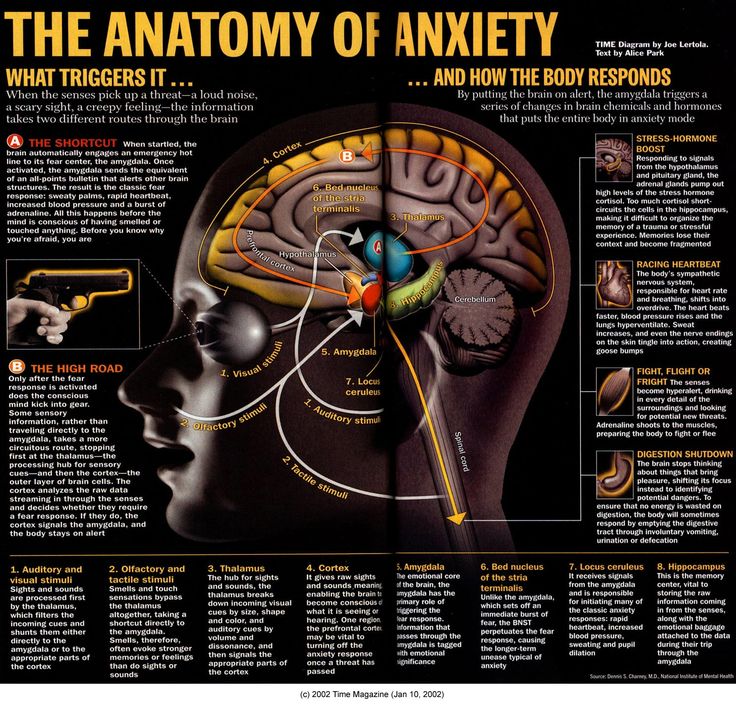 While this does apply to public speaking, it could also be anxiety related to dinner with friends or a company Christmas party.
While this does apply to public speaking, it could also be anxiety related to dinner with friends or a company Christmas party.
Phobias are anxieties or fears related to very specific circumstances such as insects, flying or heights. Alone, these things are rarely dangerous, and the phobia is an irrational fear.
Agoraphobia is the fear of being in situations you can’t escape from easily. For example, fear of public transportation, standing in line or in a crowd, being outside of the house alone, and the like. It involves more than one of these fears and can escalate until the person is afraid to leave the house at all.
Separation anxiety is anxiety related to being seperated from certain people.
Anxiety Triggers: Knowing Them to Avoid Them
Sometimes, knowing what type of anxiety you have is all you need to identify the triggers. Or, vice versa: identifying the triggers of your anxiety can help you (and your doctor) identify what type of anxiety you suffer from.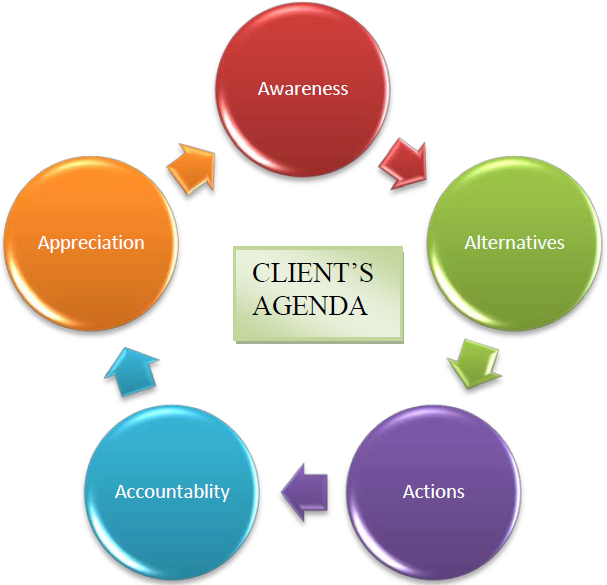
If, for example, getting on the bus is a trigger for you, you may suffer from a phobia or agoraphobia. If, however, you’re plagued by a more constant, low-level worry, it may be generalized anxiety disorder.
Sometimes it can seem like your anxiety has no trigger, but this isn’t often the case. Instead, a lack of self-awareness and the magnitude of the anxiety itself can sort of drown out what preceded it. For instance, you may not make the connection between the alcohol you drank last night and your heart racing, panicky feeling today, or your low-level thoughts about a presentation next week, merely the growing sense of dread creeping up on you.
Tracking your anxiety is a good place to start, especially if you have a difficult time determining the triggers. When you feel anxious, write it down and note your feelings and anything that may have preceded them. Getting in the habit of this will help you recognize patterns and force you to think more critically about the drivers behind your panic and worry.
Some common anxiety triggers include:
Lack of sleep
Caffeine consumption
Alcohol consumption
Relationship stress
Financial stress
Social media use or screen time
Loneliness or social isolation
Ruminating over past traumas or confrontations
Uncertainty about the future
Fear of upcoming events such as social interactions, tests, etc.
When Mind Over Matter Isn’t Enough
Recognizing your anxiety triggers can help you manage your response. If you know, for example, that a poor night sleep may cause anxiety the following day, setting up a consistent sleep routine can lessen your symptoms. But sometimes the work you put in just isn’t enough. Sometimes talking with someone helps — helps you identify the triggers you may be blind to while in the midst of very anxious times, and help you talk through the things in life that can generally cause mental distress.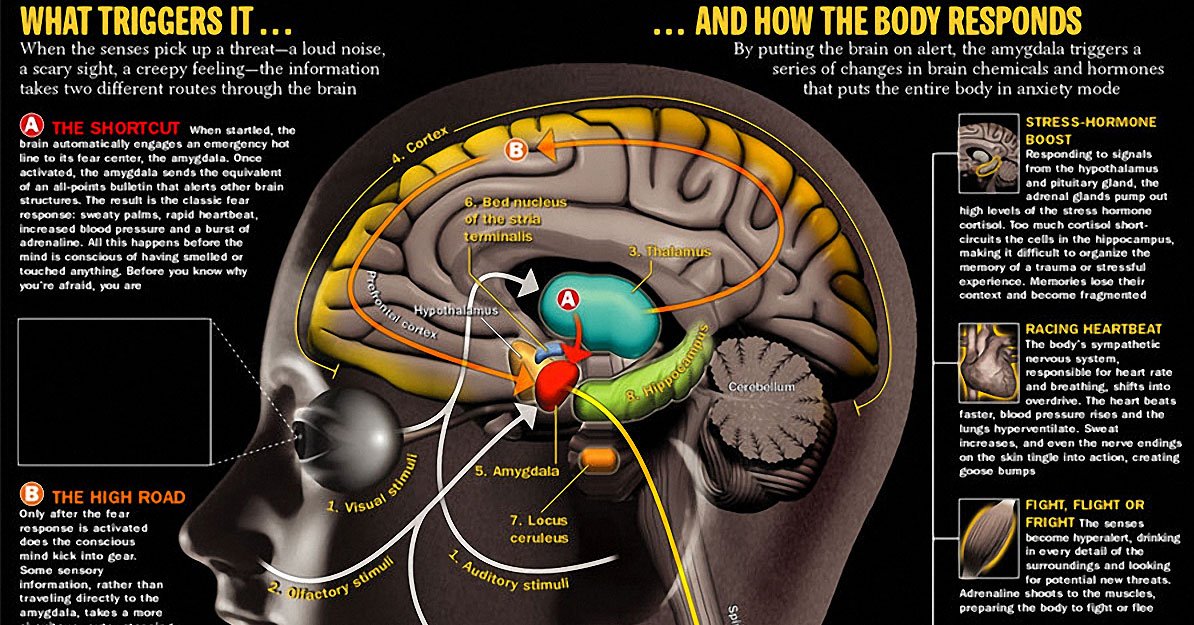
online psychiatrist prescriptions
talk to a psychiatry provider. it’s never been easier
Final Thoughts on Anxiety Triggers
Anxiety can be paralyzing, and seeking to understand it is the first step in managing it. There are numerous anxiety triggers — what sends you on a spiral towards a panic attack may have no effect on the next person. Track your feelings of anxiety to help identify the things that may set you off, but don’t be afraid to seek help.
This article is for informational purposes only and does not constitute medical advice. The information contained herein is not a substitute for and should never be relied upon for professional medical advice. Always talk to your doctor about the risks and benefits of any treatment. Learn more about our editorial standards here.
11 Anxiety Triggers and How to Identify and Manage Them
It’s important to discover what triggers your anxiety. Being aware of the cause can help you better manage your anxiety.
Anxiety is a mental health condition that can cause feelings of worry, fear, or tension. For some people, anxiety can also cause panic attacks and physical symptoms like chest pain.
Anxiety disorders are incredibly common. They affect an estimated 40 million people in the United States, according to the Anxiety and Depression Association of America.
What causes anxiety and anxiety disorders can be complicated. It’s likely that a combination of factors, including genetics and environmental reasons, play a role.
However, it’s clear that some events, emotions, or experiences may cause symptoms of anxiety to begin or may make them worse. These elements are called triggers.
Anxiety triggers can be different for each person, but many triggers are common among people with these conditions. Most people find they have multiple triggers. But for some people, anxiety attacks can be triggered for no reason at all.
For that reason, it’s important to discover any anxiety triggers that you may have. Identifying your triggers is an important step in managing them.
Identifying your triggers is an important step in managing them.
Keep reading to learn about these anxiety triggers and what you can do to manage your anxiety.
1. Health issues
A health diagnosis that’s upsetting or difficult, such as cancer or a chronic illness, may trigger anxiety or make it worse. This type of trigger is very powerful because of the immediate and personal feelings it produces.
You can help reduce anxiety caused by health issues by being proactive and engaged with a doctor. Talking with a therapist may also be useful, as they can help you learn to manage your emotions around your diagnosis.
2. Medications
Certain prescription and over-the-counter (OTC) medications may trigger symptoms of anxiety. That’s because active ingredients in these medications may make you feel uneasy or unwell.
Those feelings can set off a series of events in your mind and body that may lead to additional symptoms of anxiety.
Medicatioons that may trigger anxiety include:
- birth control pills
- cough and congestion medications
- weight loss medications
Talk with a doctor about how these drugs make you feel, and consider an alternative that doesn’t trigger your anxiety or worsen your symptoms.
3. Caffeine
Many people rely on their morning cup of joe to wake up, but it might actually trigger or worsen anxiety.
According to a 2022 review, drinking about five cups of coffee increases anxiety and induces panic attacks in people with panic disorder.
In a 2020 Australian study involving 429 20-year-old adults over a 2-year period, consuming energy drinks increased anxiety in males but not in females.
Work to cut back your caffeine intake by substituting noncaffeinated options whenever possible.
4. Skipping meals
When you don’t eat, your blood sugar may drop. That can lead to jittery hands and a rumbling tummy. It can also trigger anxiety.
Eating balanced meals is important for many reasons. It provides you with energy and important nutrients. If you can’t make time for three meals a day, healthy snacks are a great way to prevent low blood sugar, feelings of nervousness or agitation, and anxiety.
Remember, food can affect your mood.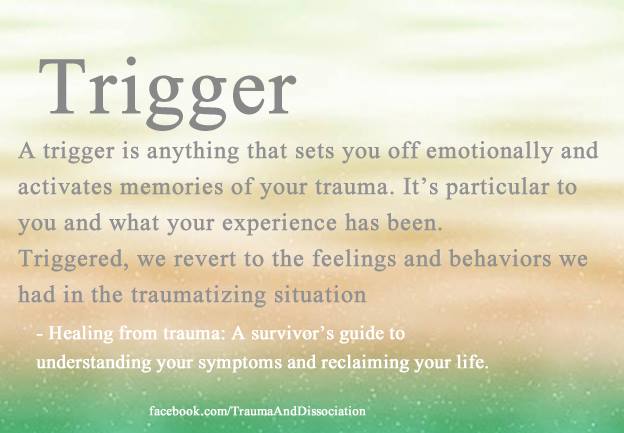
5. Negative thinking
Your mind controls much of your body, and that’s certainly true with anxiety. When you’re upset or frustrated, the words you say to yourself can trigger greater feelings of anxiety.
If you tend to use a lot of negative words when thinking about yourself, learning to refocus your language and feelings when you start down this path is helpful. Working with a therapist can be incredibly helpful with this process.
6. Financial concerns
Worries about saving money or having debt can trigger anxiety. Unexpected bills or money fears are triggers, too.
Learning to manage these types of triggers may require seeking professional help, such as from a financial advisor. Feeling you have a companion and a guide in the process may ease your concern.
7. Parties or social events
If a room full of strangers doesn’t sound like fun, you’re not alone. Events that require you to make small talk or interact with people you don’t know can trigger feelings of anxiety, which may be diagnosed as social anxiety disorder.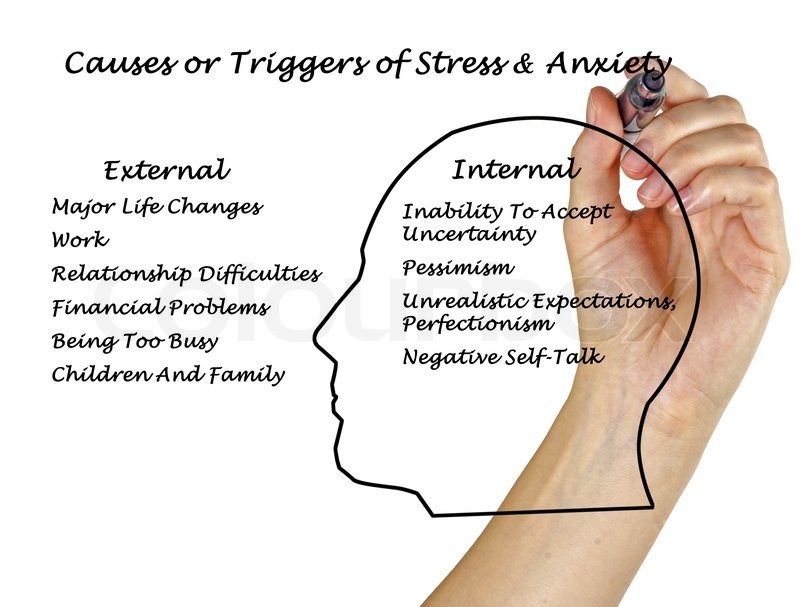
To help ease your worries or unease, you can always bring along a companion when possible. But it’s also important to work with a professional to find coping mechanisms that make these events more manageable in the long term.
8. Conflict
Relationship problems, arguments, disagreements — these conflicts can all trigger or worsen anxiety. If conflict particularly triggers you, you may need to learn conflict resolution strategies.
Also, talk with a therapist or other mental health expert to learn how to manage the feelings these conflicts cause.
9. Stress
Daily stressors like traffic jams or missing your train can cause anyone anxiety. But long-term or chronic stress can lead to long-term anxiety and worsening symptoms, as well as other health problems.
Stress can also lead to behaviors like skipping meals, drinking alcohol, or not getting enough sleep. These factors can trigger or worsen anxiety, too.
Treating and preventing stress often requires learning coping mechanisms.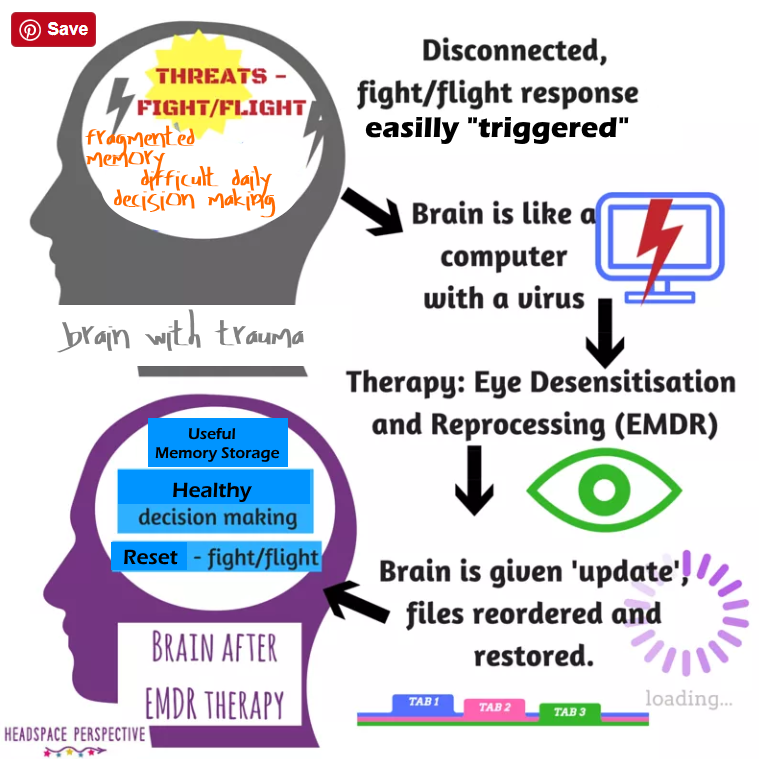 A therapist or counselor can help you learn to recognize your sources of stress and handle them when they become overwhelming or problematic.
A therapist or counselor can help you learn to recognize your sources of stress and handle them when they become overwhelming or problematic.
10. Public events or performances
Public speaking, talking in front of your boss, performing in a competition, or even just reading aloud is a common trigger of anxiety. If your job or hobbies require this, your doctor or therapist can work with you to learn ways to be more comfortable in these settings.
Also, positive reinforcements from friends and colleagues can help you feel more comfortable and confident.
11. Personal triggers
These triggers may be difficult to identify, but a mental health specialist is trained to help you identify them. These may begin with a smell, a place, or even a song. Personal triggers remind you, either consciously or unconsciously, of a bad memory or traumatic event in your life.
Individuals with post-traumatic stress disorder (PTSD) frequently experience anxiety triggers from environmental triggers.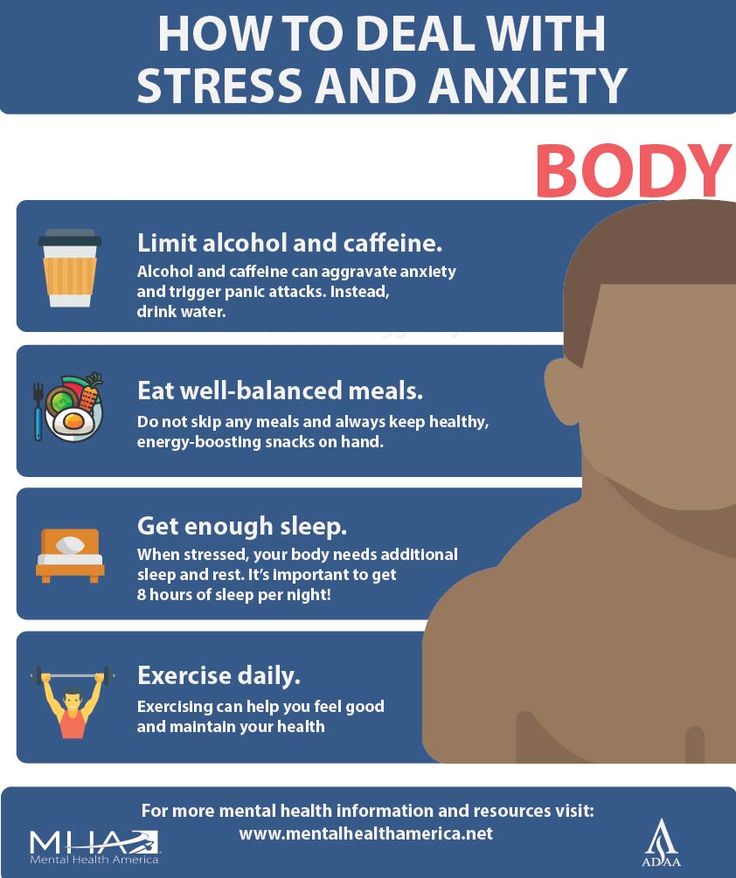
Identifying personal triggers may take time, but it’s important so you can learn to overcome them.
If you can identify and understand your triggers, you can work to avoid them and cope. You can learn specific coping strategies to handle the triggers when they happen.
Here are three tips for identifying triggers:
- Start a journal: Write down when your anxiety is noticeable, and record what you think might have led to the trigger. Some apps can help you track your anxiety, too.
- Work with a therapist: Some anxiety triggers can be difficult to identify, but a mental health specialist has training that can help you. They may use talk therapy, journaling, or other methods to find triggers.
- Be honest with yourself: Anxiety can cause negative thoughts and poor self-assessments. This can make identifying triggers difficult because of anxious reactions. Be patient with yourself, and be willing to explore things in your past to identify how they may affect you today.
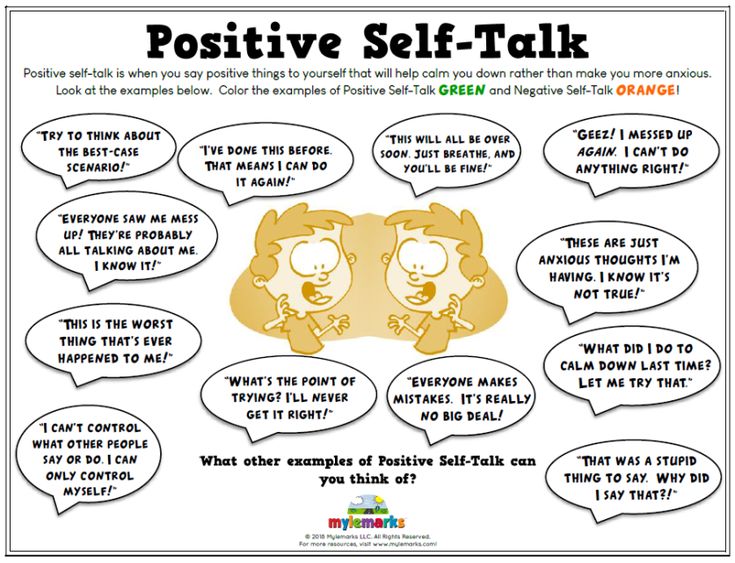
The most common symptoms of anxiety include:
- uncontrollable worry
- fear
- muscle tension
- a rapid heart rate
- difficulty sleeping or insomnia
- difficulty concentrating
- physical discomfort
- tingling sensation
- restlessness
- feeling on edge
- irritability
If you experience these symptoms regularly for 6 months or more, you may have generalized anxiety disorder (GAD). Other types of anxiety disorders exist as well. The symptoms for those may be different than GAD.
For example, with panic disorder you may experience:
- a rapid heart rate or palpitations
- sweating
- trembling
- shaking
- feeling as if your throat is closing
Although you may sometimes feel anxious for apparently no reason, there is usually an underlying cause, and the trigger may be beyond your awareness.
If you constantly feel anxious without knowing why, this is a symptom of generalized anxiety disorder.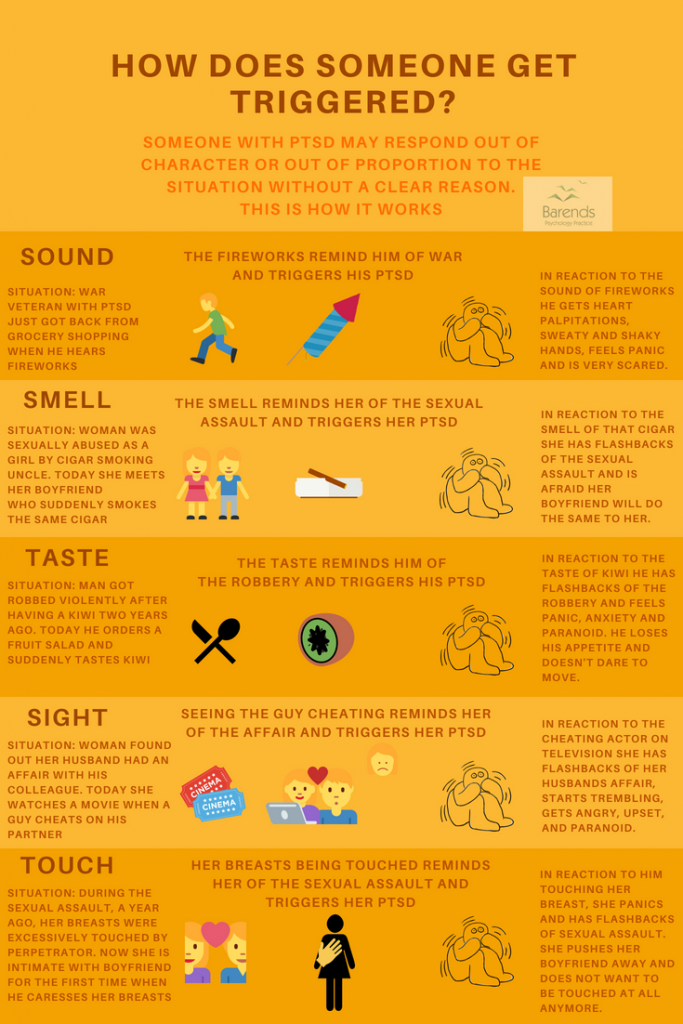
In addition to the triggers listed above, the following are some of the possible reasons you may feel anxious for no reason:
- Anxiety disorders may be hereditary. If someone in your family has an anxiety disorder, you’re at greater risk of having one, too.
- People with free-floating anxiety usually have denser neurons in some areas of their brains and fewer in other areas, according to a 2021 brain imaging study.
- Some medical conditions, such as arthritis, asthma, COPD, and diabetes, may be associated with anxiety.
If you’re feeling anxious but don’t know why, talking with a therapist may help determine what’s causing it.
If you believe you worry too much or suspect you have an anxiety disorder, it’s time to seek help. Recognizing anxiety is often difficult because the symptoms become common over time.
Start the discussion by talking with a doctor. They’ll discuss your symptoms, conduct a health history, and do a physical exam. They’ll want to rule out any possible physical problems that may be causing the issues, too.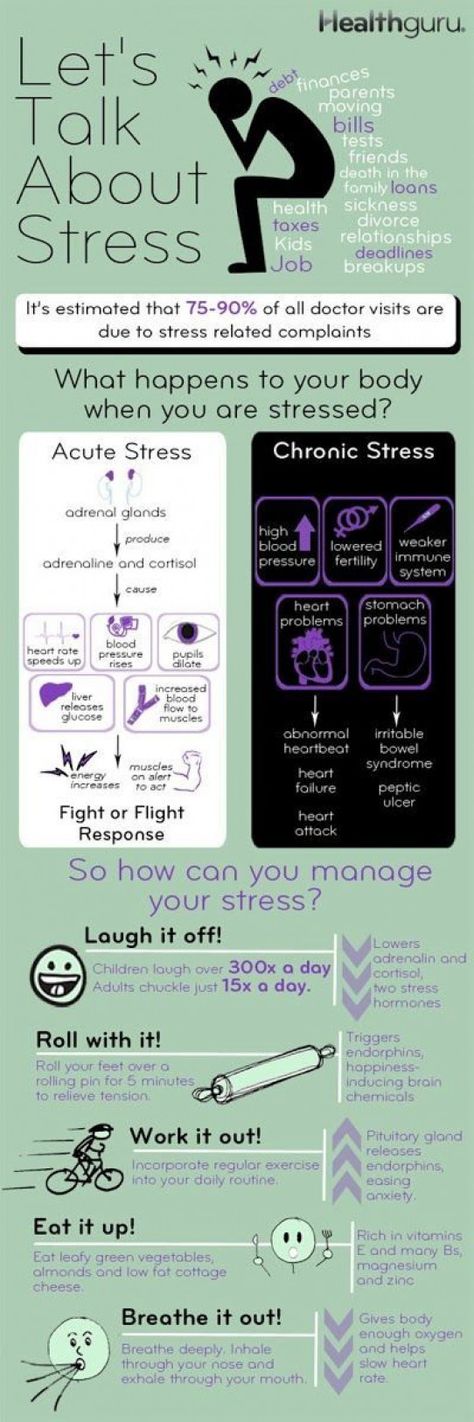
From there, a doctor may choose to treat you with medication. They may also refer you to a mental health specialist, such as a psychologist or psychiatrist. These doctors can use a combination of talk therapy and medication to treat anxiety and prevent triggers.
Occasional anxiety is common, but chronic feelings of worry, fear, or dread are not. They’re a sign you should seek professional help.
The good news is that anxiety is a highly treatable mental health condition. However, many people with anxiety don’t seek treatment.
If your anxiety is impeding your day-to-day life, you should consider seeking help. A mental health specialist can help you find a treatment plan that eases your symptoms, and they can help you cope with your anxiety triggers.
Emotional triggers. What makes you angry or makes you sad?
Triggers of positive emotions will help you create a good mood. What are yours? Maybe a call to a friend, a favorite song, a happy memory, a hug from a loved one - everyone has their own set. Notice what makes you happy and add to your “bank” of good triggers.
Notice what makes you happy and add to your “bank” of good triggers.
Knowing your triggers for negative emotions will help you quickly notice them and decide how to deal with them. Do you want to feel like this? Does this response align with your goals and values?
So, Mashin's fear of events prevents her from meeting a man and starting a family. Lucy tries with dinner for her husband to strengthen their relationship, but their quarrels because of his lateness clearly do not contribute to this. Anton's painful reaction to criticism unsettles him and hinders his professional growth.
In addition to knowing your triggers, it is important to understand their origins. Why, for example, is Masha afraid of events? Self-doubt, a traumatic past experience, or an unconscious fear of relationships with men? Various options are possible. Finding the origin of triggers can help you control or eliminate them altogether.
How can you identify and manage your emotional triggers?
1.
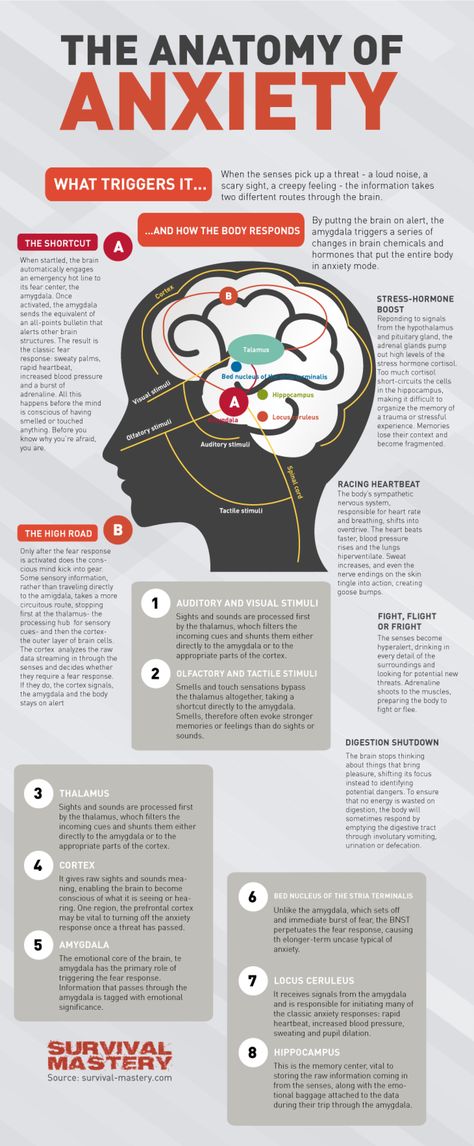 Write down all the factors that can cause you to have this or that emotion
Write down all the factors that can cause you to have this or that emotion List those emotions that you consider necessary. It can be, for example, sadness, anger, joy, fear, anxiety, shame, guilt. Write down the thoughts that accompany each emotion and your usual actions.
For example, when Lucy's husband is late, she thinks he doesn't care about her. When he finally returns, she makes a scene for him. Anton, when his work is criticized by his boss, thinks: "I'm a complete loser" and "I won't succeed."
2. Keep a diary of emotions
You may not be able to immediately identify all significant triggers, because often we are not aware of the situation-reaction-thought-action relationship. Watch yourself. Every evening write down your intense emotions, what caused them, what thoughts came up, how you reacted. Over time, you will begin to see recurring patterns and better understand what makes you depressed, what makes you angry, and what makes you anxious.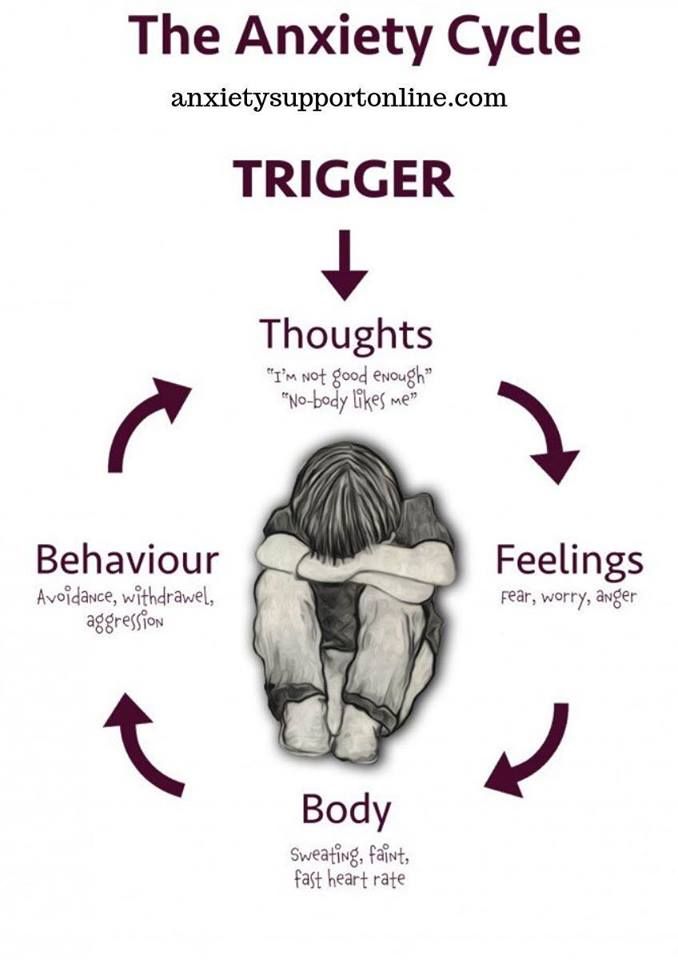
3. Identify the causes of your triggers
It's not easy, but it will take you to the next level in managing your emotions and life. With a psychologist or on your own, you can try to recognize when situations like this first began to evoke such emotions. What do the current and past situations have in common? Understanding the past will help you stop playing it in the present.
However, there is a danger of digging in introspection, so don't spend too much time on it. Stop yourself if thoughts begin to "go in circles." Better get back to the present and have a good time.
4. Be aware of the connection between emotions and bodily sensations
When you experience a strong emotion, notice what happens in your body. Breathing quickens? Do your hands get cold? Squeezing in the chest? Knowing the bodily manifestations of feelings will help you notice the first signs of an emotional storm and take measures to reduce the heat.
5. Take a break
If you are overwhelmed by emotions, wait, do not react immediately.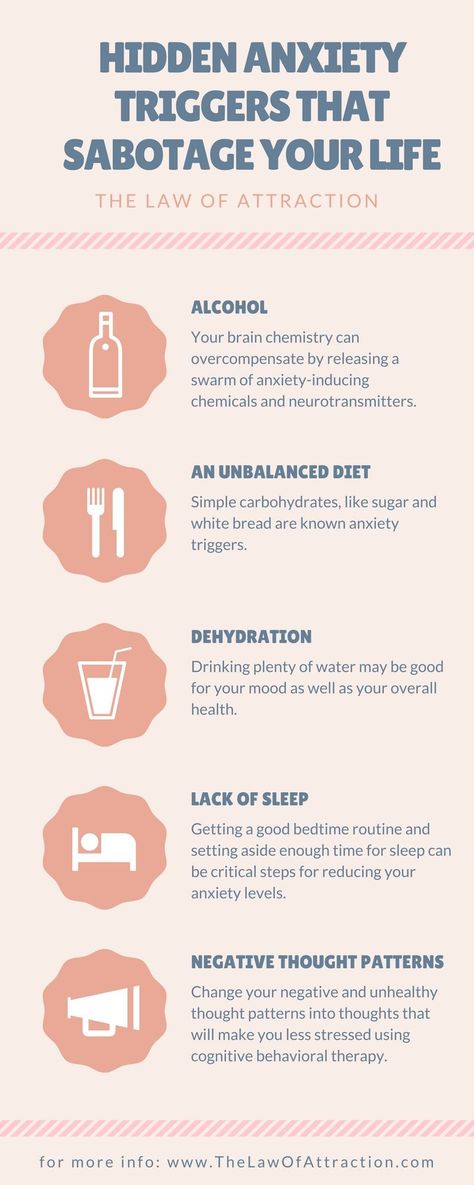 Take a few deep breaths in and out. Observe bodily sensations. Wait until the heartbeat and breathing return to normal, and only then decide what to do.
Take a few deep breaths in and out. Observe bodily sensations. Wait until the heartbeat and breathing return to normal, and only then decide what to do.
6. Analyze thoughts and question them
First of all, we are talking about thoughts of a negative nature. “I’m a loser”, “I will always be alone”, “he doesn’t give a damn about me.” Thoughts like these can heighten and strengthen your emotional response. If they don't help you feel better and achieve your goals, why do you need them? Look at the situation from a new angle, choose different thoughts and actions.
Identifying and working through triggers will take time and effort, but as a result, you will understand and feel much better and more confident. You will be able to manage charged situations and choose responses in accordance with your life goals and values. And triggers of positive emotions will become an effective self-help tool for creating a good mood for yourself.
find and neutralize - Miss Office
Psychology
October 17, 2018
Our emotional reactions follow our thoughts. There is a correspondence between specific types of thoughts and specific emotions.
There is a correspondence between specific types of thoughts and specific emotions.
Marina Zakharenko
psychologist
Consider anxiety or fear. What are the specific thought patterns that are associated with these states? Such patterns typically involve the presentation of a threat or danger, coupled with a lack of confidence in the ability to deal with the threat presented. In other words, when we imagine something bad is about to happen—something specific, like the threat of failing an exam or having a panic attack—we doubt our ability to deal effectively with the threat, thinking, “Oh my God, what am I going to do? I can't handle it."
People with heightened anxiety tend to be overly sensitive to threatening stimuli or cues. For example, during panic attacks, these signals may include relatively minor changes in internal bodily sensations: sudden dizziness or increased heart rate. These sensations can be exaggerated and taken as signals of an impending disaster: a heart attack, loss of control, or that you are going crazy. The mind loses control, imagining the worst possible consequences, exaggerating the level of threat to the maximum. Instead of thinking, “OK, this is just some light-headedness and it will pass soon,” the panicked person starts thinking, “God, this is happening again. This time it will be very bad. Maybe I'm having a heart attack?!"
The mind loses control, imagining the worst possible consequences, exaggerating the level of threat to the maximum. Instead of thinking, “OK, this is just some light-headedness and it will pass soon,” the panicked person starts thinking, “God, this is happening again. This time it will be very bad. Maybe I'm having a heart attack?!"
Exaggerated catastrophic thoughts cause anxiety by creating more unpleasant physical sensations, which in turn are also exaggerated. Again and again this spirals into cascading body sensations and threat perceptions, culminating within minutes in a full blown panic attack.
One way to solve the problem is to learn to tolerate minor changes in bodily sensations without catastrophizing them, and to calmly talk to yourself when these sensations occur.
Depressive thoughts are like the other side of anxious thoughts: we look back at past disappointments and failures instead of looking at real threats. In depression, we plunge into a past filled with self-blame and negative labels: “I'm just a loser.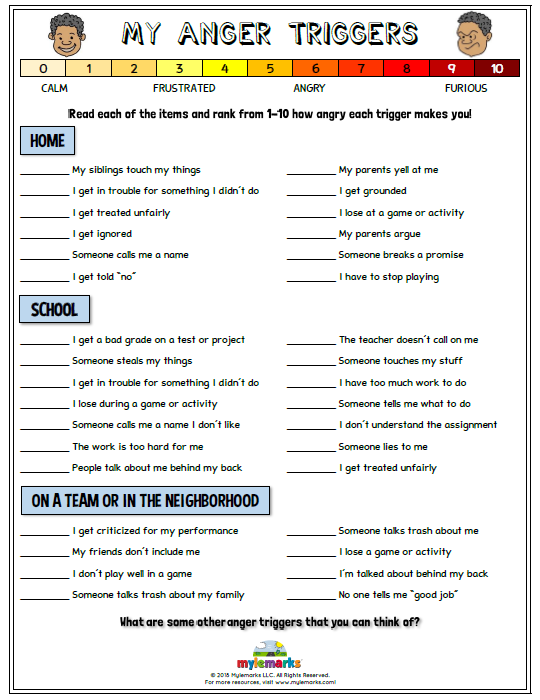 Why do I always ruin everything? A depressed person also looks to the future, but sees in it a mirror of the past, expecting even greater failures and disappointments. An anxious person may also look back, remembering fearful experiences that foreshadow future negative events: “What if it happens again? What will happen to me then?"
Why do I always ruin everything? A depressed person also looks to the future, but sees in it a mirror of the past, expecting even greater failures and disappointments. An anxious person may also look back, remembering fearful experiences that foreshadow future negative events: “What if it happens again? What will happen to me then?"
Aggressive thoughts revolve around the perception of injustice: “How could he treat me like that?”, combined with a feeling of indignation: “I swear I won’t let him get away from this!”.
What are the thought patterns in your head? Becoming aware of patterns is the first step to replacing them with more adaptive thoughts and reactions.
Anxiety and fear triggers
Base : threat perception
Something bad will happen.
It will be terrible.
This time I won't be able to handle it.
My God, what if. ..?
..?
I will look bad.
I will completely lose control.
What if something bad happens and no one helps?
What if I'm having a panic attack?
What if I have a heart attack?
What if I'm going crazy?
Triggers of depression
Base : negative perception of oneself, the world in general and the future
I'm a complete loser.
Nothing works for me, and it always will.
What is wrong with me? Why can't I be like other people?
The world sucks and I suck.
Nobody has ever liked me.
Why does this always happen to me?
Anger triggers
Main topic : perception of injustice
This is so unfair and I just can't accept it.
